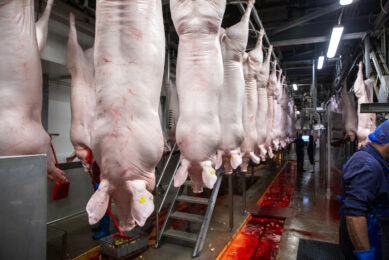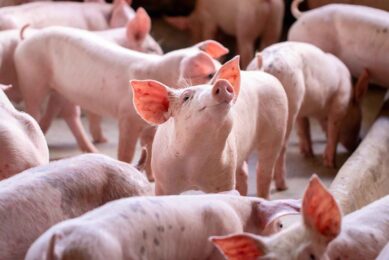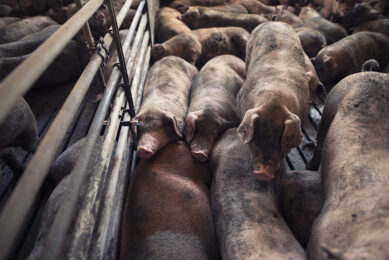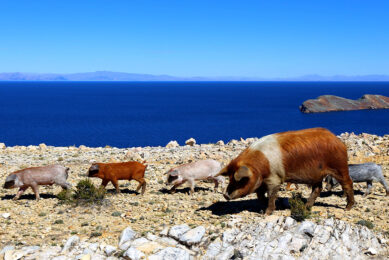PMWS still spreading in New Zealand pig farms
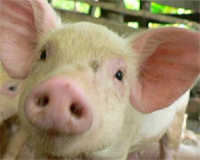
Postweaning Multi-Systemic Wasting Syndrome, better known as PMWS, is still continuing to bother New Zealand farmers, according to New Zealand Pork chief executive Sam McIvor.
“PMWS is still infecting new farms … and even some with very stringent biosecurity practices,” McIvor told the New Zealand Press Agency (NZPA). “It emphasises just how hard to manage some of these modern diseases and viruses are,” he said. “We should not take risks,” McIvor said after telling parliamentarians that at a conservative estimate, the disease has now cost the nation’s economy at least US$44 million.
When the disease was fist found on an Orini piggery, 24 km east of Huntly in 2003, the industry argued that the outbreak occurred only after an unidentified infectious agent was fed to pigs in uncooked pork. The disease later ‘exploded’ across farms which kept pigs outdoors: “Spread, we believe, by gulls, sparrows, flies, an errant truck driver and weaner pig movements before it was recognised,” McIvor told the primary production select committee probing the Biosecurity Law Reform Bill.
“In the South Island, we now have about 80% of the herds with it and the initial mortality was 18% of pigs on those farms.”
Cost
It had cost farmers US$15 million in lost income – as well as the money spent on breeding piglets which later fell sick – and the wider economy had lost another US$29 million, equivalent to US$1.92 for every dollar spent at the farm gate. The US$44 million total was ‘conservative’, he said. “I haven’t put a figure on the depression, marriage break-ups, business failures, two deaths and a severe heart attack that were believed to be related to the issue,” he told MPs.
McIvor also told the committee that research had shown that Porcine Reproductive and Respiratory Syndrome (PRRS), could arrive in New Zealand in the meat of imported animals.
PMWS, associated with Porcine Circovirus, type 2 (PCV2), broke out in the North Island in 2003 and crossed to the South Island in 2006.
Related websites:



